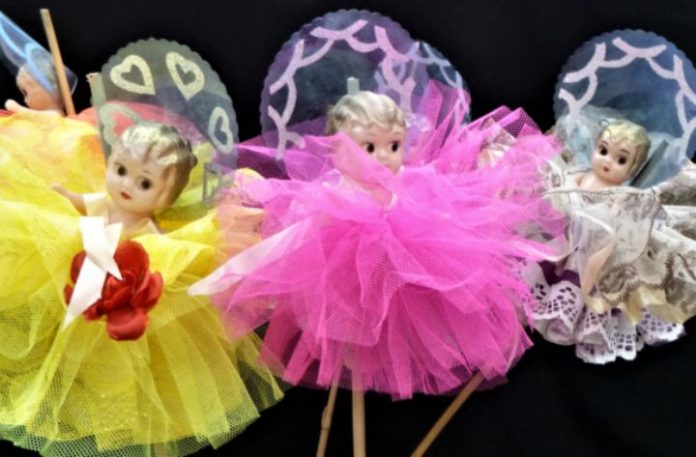Summer of the Seventeenth Doll
Writer: Ray Lawler
Director: John Grinston
Genesian Theatre
July 16 – August 14, 2022
Summer of the Seventeenth Doll premiered in 1955 in Melbourne and within a decade had been staged across Australia, in London and in New York, and turned into a Hollywood film starring well-known actors, Ernest Borgnine and Anne Baxter. Besides uniformly excellent performances in a once confronting play, has this most recent revival anything to offer the present generation of Australian theatre goers?
At the time, the play asks Australia to accept and work with an inevitable change from its self-image based on the bush legend to the far less romantic image of a modern urbanised country. It tells the story of two canecutters, Roo (Martin Grellis) and Barney (Harley Connor), who go to Melbourne for the five month lay-off season and spend their hard-earned money enjoying life with their two girlfriends, barmaids Olive (Jodine Muir) and Nancy. The title refers both to the kewpie doll Roo brings Olive each year and indicates that this – the seventeenth of their arrangement – is significantly and tragically different.
The seventeenth year of the lay-off is different from the start. Nancy, Barney’s long-time girlfriend, has married and Olive has “replaced” her with Pearl, (Grace Swadling), a pub co-worker, who views the situation in the Carlton household with suspicious eyes. After the arrival of an edgy Barney and a more subdued Roo, Barney reveals to Olive that Roo has no money because he has left the cane fields after a fight with another younger and rival canecutter. He covers for Roo’s failure to best the younger man by saying that Roo has injured his back. And from there, the dream of living a life of heightened intensity – more truly Olive’s creation – slowly dies.
Lawlor’s characterisation of the four doomed characters is complex and their changing relationship nuanced, and the four actors fully meet the challenge. Grace Swadling, while seeming supercilious and judgemental, also reveals Pearl’s insecurity and her hope – born of desperation that she might yet make herself respectable – by catching a husband in the very unlikely Barney. A slippery former ladies’ man, Harley Connor, is tone perfect as Barney, an uneasy mate to Roo while trying to keep in with Johnnie Dowd (Hamish MacDonald) who supplanted Roo as ganger. As the proud, silent man, Martin Grellis compels sympathy as he struggles to accept his inevitable physical decline and his bewilderment in the face of Olive’s angry rejection.
Olive is perhaps the most interesting and controversial character of the four, and her complexity is fully expressed by Jodine Muir. Do we see her as simply immature, adolescent in her attachment to tawdry kewpies, and incapable of adapting to approaching middle-age, or is she really trying to create a viable and more exciting alternative to the monotony and drudgery of married life? Her romantic girlishness, beautifully conveyed by her swirling skirts (lovely costuming all-round by Susan Carveth), sits oddly on a 37-year-old woman, but her anguish at the loss of her impossible dream of perpetual effervescence is deeply moving. It should be noted that her way of life is very much dependent on her carping but also accommodating mother Emma (Liz Grindley) and her ownership of the run-down and overdecorated terrace house in Carlton.
At present, Australians are called to accept the inevitable changes brought about by post-colonialism, multiculturalism and the assumption of global citizenship and many are still resistant to the less familiar contours of the post-millennium world and its reliance on remote technologies. Olive’s anguished cry of “You give it back to me” might be echoed by those who see the little world they created for themselves crumble into ruins under new dispensations. See The Doll again and feel its power as a fable for all times and wonder what the future will be for Bubba (a movingly ingenuous Heather Tliege) and Johnnie Dowd.





